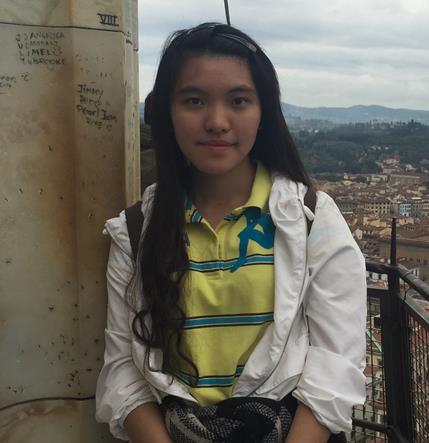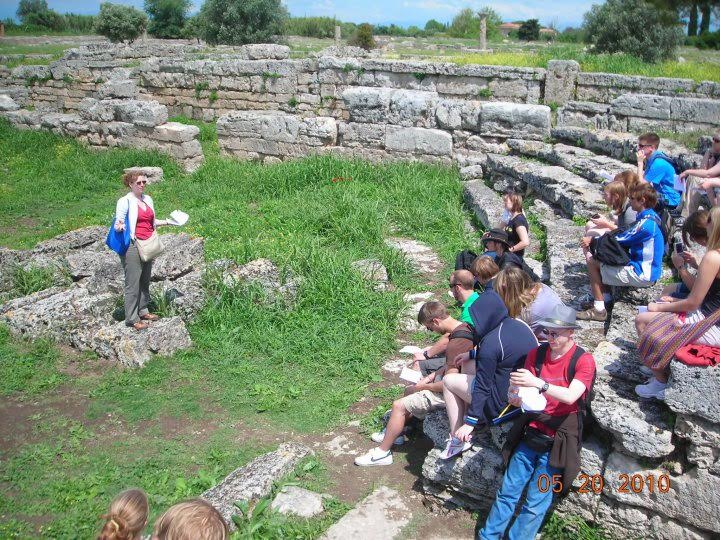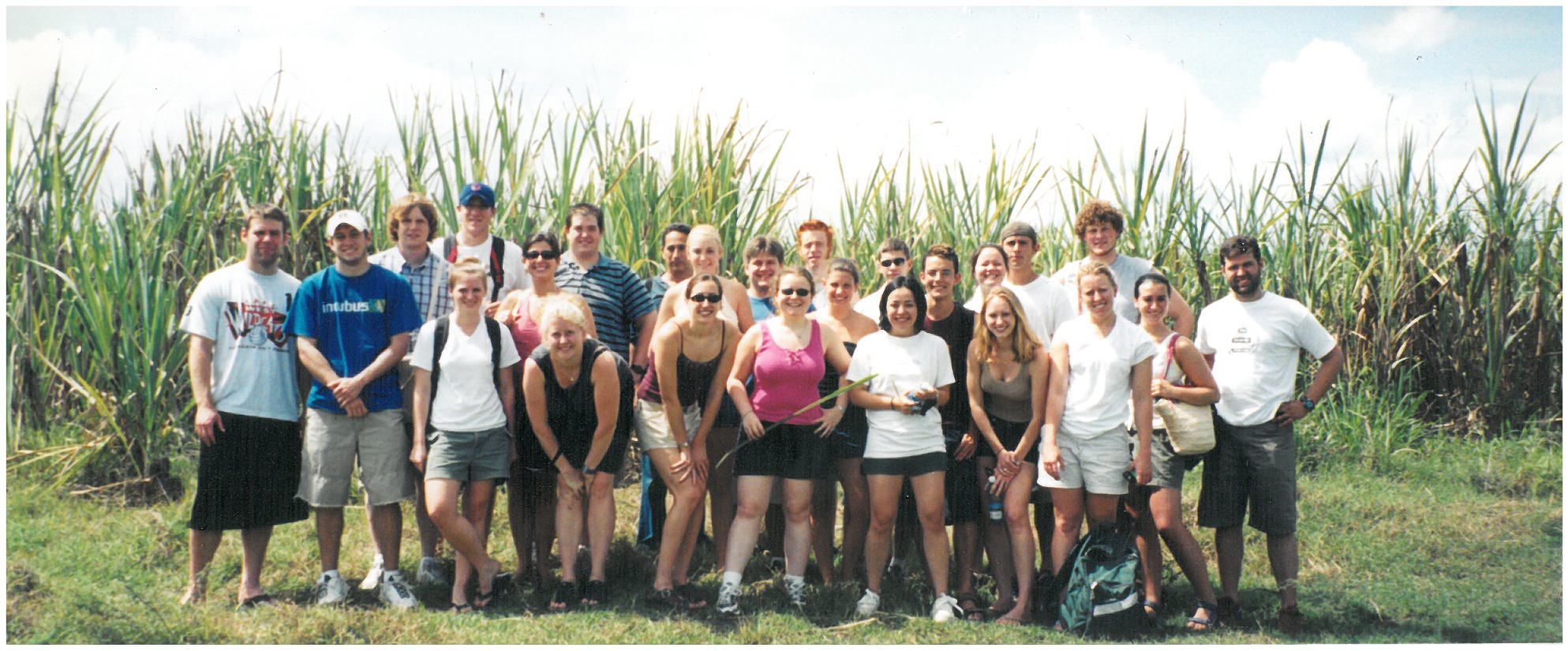Beyond the Classroom
Research
The History program at Illinois Wesleyan University offers unique research opportunities that create distinct and interesting experiences for students. These experiences often culminate into an Honors Research topic and research. Click here to view a collection of past Honors Research Projects.
Internships
Students majoring in history have participated in a wide variety of internships, both locally and across the region and beyond. The Hart Career Center helps students search, apply, and interview for internships related to their goals and interests.
Study Abroad
 |
|
Selena Shen '18 |
The History Department encourages study abroad. We will gladly count courses taken abroad toward your History major.
Members of the History faculty have led courses abroad to places like Ireland, China, and Cuba in May Term.
The university offers its own satellite programs in London, England and Barcelona, Spain that have been directed by History faculty. And there are other numerous opportunities to study abroad for a semester or full year. One of the premier opportunities is the Pembroke Program. Due to a special relationship between IWU and Pembroke College at Oxford University, a handful of Wesleyan students are selected every year to spend a year at Oxford. Despite the highly selective nature of this program, our History majors have had great success being accepted into it: Stephanie Carlson (2013-2014), Sophie Popovich (2015-2016), Selena Shen (2016-2017), Isaac Rubenstein (2021-2022), and Holden Kempenaar (2022-2023).
The IWU International Office is committed to helping students to study abroad, whether it is for a single semester, a summer term, or a full year. IWU students have the opportunity to study in hundreds of locations in over 70 different countries in almost every region of the world.
 Amy Coles lectures students in the comitium at Paestum, Italy during the Ancient Roman
City May Term class.
Amy Coles lectures students in the comitium at Paestum, Italy during the Ancient Roman
City May Term class.

Dr. Weis' students stand alongside a sugar cooperative during the Cuban Revolution May Term class.
Dr. Weis has also taken students to Nigeria, Japan, England, Italy, and Spain.

Professor April Schultz and Professor of Sociology Georganne Sundblad with students in Allihies, Ireland, where they studied the 19th century Great Famine and Irish emigration to the United States.
Prizes
We have created two prizes for our majors that we award at graduation. Each prize is accompanied by a certificate of recognition, a book in the area of the student’s special interest, and a small cash award. The Christopher Berkeley prize is named in memory of a former student, and we award it to the graduating senior who best exemplifies the kind of enthusiasm and love of history that Chris had.
The Paul Bushnell prize is named after faculty member who taught in the History department for 47 years and was an exemplary teacher and civil rights activist. We award this prize to the graduating major who was the most outstanding student teacher of the year. To learn more about Paul Bushnell's life and legacy, click here to read a profile by IWU Magazine.
